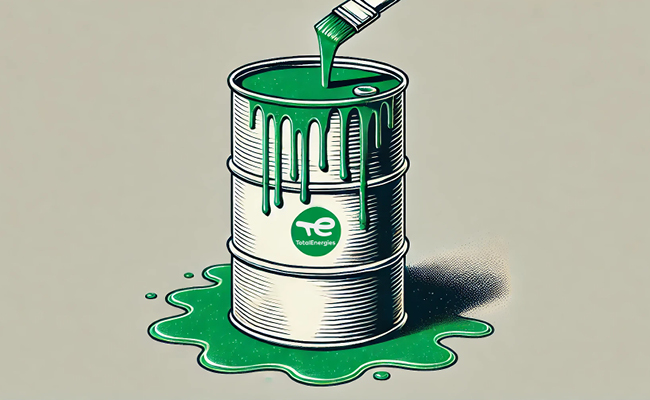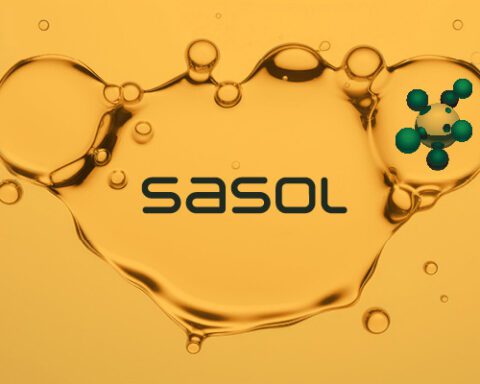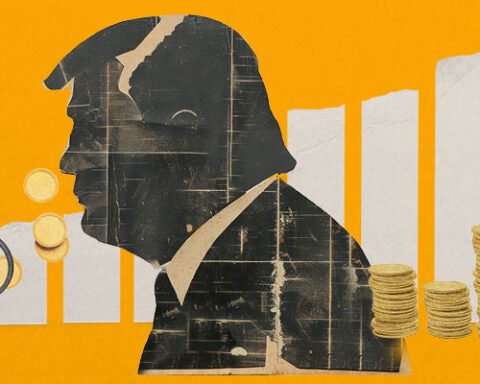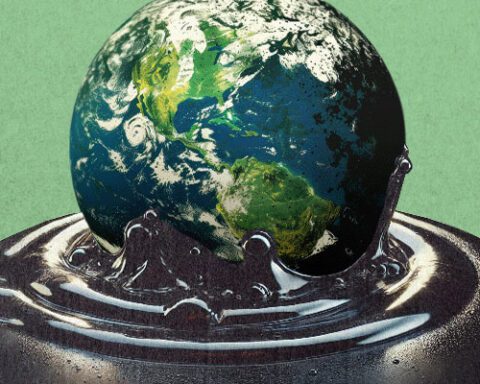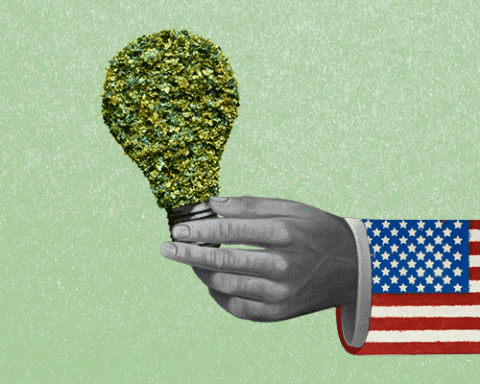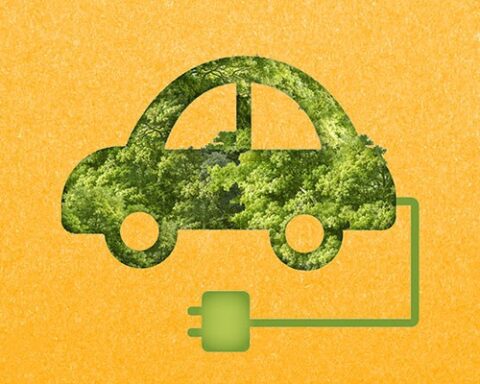TotalEnergies has failed in its appeal against a ruling by South Africa’s Advertising Regulatory Board (ARB), which found the French energy giant had effectively used “greenwashing” tactics to burnish its sustainability credentials.
This case, the first such greenwashing ruling involving a South African advertiser, underscored how billboards and marketing pamphlets are the new front in the war between environmental activists and oil and gas companies.
In August, for instance, the UK’s Advertising Standards Authority said a Virgin Atlantic advertisement that claimed the airline used “100 per cent sustainable aviation fuel” was misleading. And in September, California filed a lawsuit against ExxonMobil, one of the world’s largest producers of plastic, for “deceiving the public to convince us that plastic recycling could solve the plastic waste and pollution crisis”.
In the South African case, the Fossil Ad Ban campaign complained to the ARB, a self-regulatory body, about a campaign that TotalEnergies ran in partnership with SANParks a year ago, offering prizes for people who uploaded photos of themselves at any of the national parks while tagging the French company.
What drew the activists’ ire specifically was TotalEnergies’ claim that it was “committed to sustainable development and environmental protection” – a claim the activists said was implausible for a company which is the 19th-largest emitter of greenhouse gases, according to the Carbon Majors Database.
In August, the advertising body agreed, ruling that this claim was “misleading”.
The ARB said that while many of TotalEnergies projects are indeed about sustainable development, “it is also no doubt that the core business of the advertiser is directly opposed to the issue of sustainable development”.
Though this case had largely become academic, since TotalEnergies’ campaign with SANParks had run its course, it was nonetheless an important precedent, effectively limiting the company’s ability to make similar claims in future campaigns.
Evidently, for this reason, TotalEnergies appealed that ruling.
In the appeal hearing in November, Krinesh Govender, the company secretary for TotalEnergies Marketing South Africa, said his company “did not, on the strict definition of greenwashing, engage in any greenwashing”.
More remarkably, Govender said this was not a cynical deflection from TotalEnergies’ real plans, as it had fundamentally embraced renewable energy. “Our long-term goal, and as far as I know it has not changed – it might be a bit easier in Europe – is to exit fossil fuels,” he said.
It was a sensational claim for a company that remains a pivotal partner in the $5bn East African Crude Oil Pipeline, which aims to develop oilfields in Uganda and then pipe that oil 1,443km to Tanzania’s Tanga port.
Nor do TotalEnergies’ corporate documents suggest this is a company scaling back its oil and gas ambitions any time soon.
“While drastically reducing the emissions of our operations, we plan to increase our oil and gas production – primarily liquefied natural gas, which is key to the energy transition – by 3% per year until 2030,” TotalEnergies claims in its sustainability reports.
‘More evidence needed’
South Africa’s Advertising Appeals Committee evidently wasn’t convinced by TotalEnergies. In its finding this month, the committee rejected its appeal.
The committee said that while the French multinational could point to examples of some activities as evidence of its commitment to “sustainable development”, these were relatively small within the context of its wider business.
“The significant harm to society and sustainable development that results from the exploitation of fossil fuels require more than the SANPark activities [which] Total describes,” it said.
The committee said TotalEnergies’ claims were “at the very least exaggerated” or ambiguous.
“It is well documented that the use of fossil fuel leads to climate change and defeats sustainable development. To show commitment to reverse or contain this requires more than just [a] partnership with SANParks of [this] type,” it said.
While the advertising body is not a court of law, this finding amounts to an instruction to members of the ARB – like publishers and large marketing agencies – not to accept advertisements that make similarly misleading claims.
For TotalEnergies, this is another blow to its efforts to recast itself as a defender of environmental rights, coming after a slew of cases lodged against it in other forums.
Foremost of these was a 2022 case brought against it in Paris by Greenpeace and other environmental groups, which argued it broke European consumer laws by falsely claiming it was on track to a “net zero” emission target by 2050.
Greenpeace’s legal counsel in France, Clara Gonzales, said TotalEnergies was “using sly propaganda to try to convince us of the impossible: that carbon neutrality can be reached while producing and selling ever more fossil fuels”.
But TotalEnergies CEO Patrick Pouyanné argued last year that it was “unfair” to accuse the company of greenwashing, since it had invested $5.5bn in renewable and low-carbon energy in 2023 – more than any other oil major.
Sign up to Currency’s weekly newsletters to receive your own bulletin of weekday news and weekend treats. Register here.
